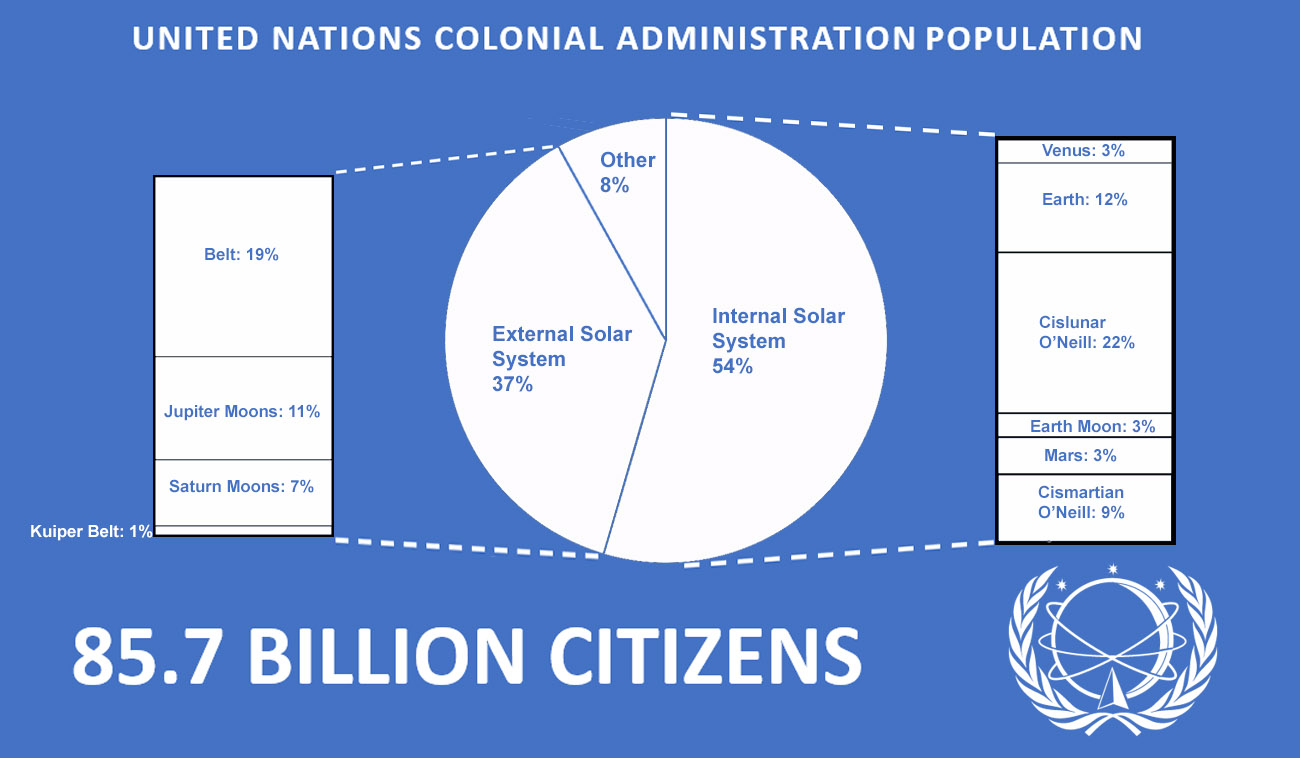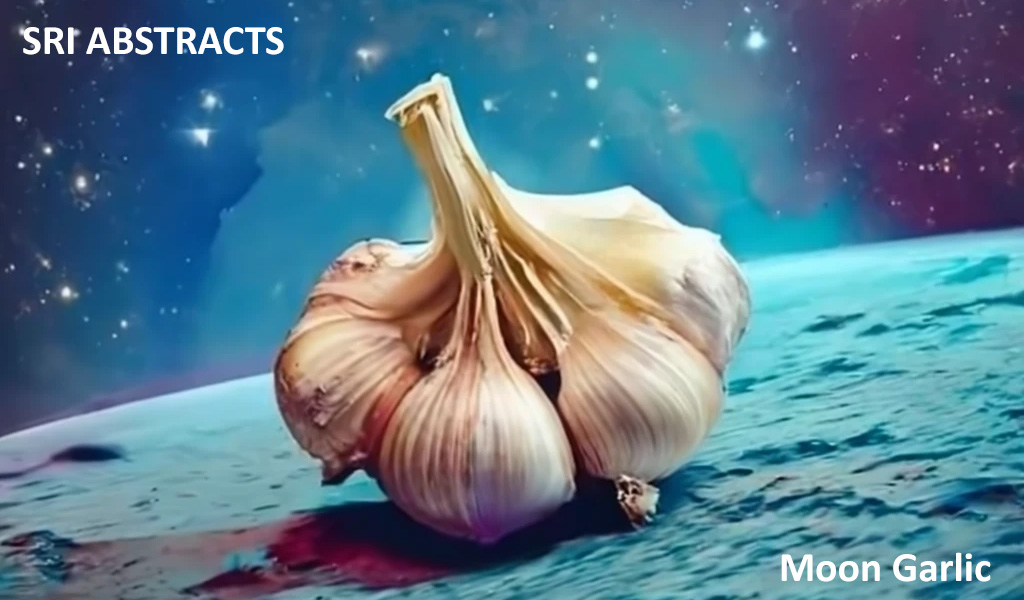
In a recent article by the Department of Economic and Social Affairs of the United Nations (“World population to reach 8 billion on 15 November 2022”[1]), we can read the following declaration, stated by the UN Secretary-General António Guterres: “This year’s World Population Day falls during a milestone year, when we anticipate the birth of the Earth’s eight billionth inhabitant. This is an occasion to celebrate our diversity, recognize our common humanity, and marvel at advancements in health that have extended lifespans and dramatically reduced maternal and child mortality rates. At the same time, it is a reminder of our shared responsibility to care for our planet and a moment to reflect on where we still fall short of our commitments to one another.” What a fantastic collection of explosive contradictions! Celebrating (a) diversity, common humanity and the success of human intelligence and science and, in the same time, (b) expressing the concern for our planet and for (c) our still insufficient capacity to care for all and every Earth citizens. Well knowing that our great success is considered culprit of environmental decay, and that any advancement in overcoming the poverty will further compromise climate and pollution. i.e. the actual situation of our closed world environment.Liu Zhenmin, UN Under-Secretary-General for Economic and Social Affairs, said that “The relationship between population growth and sustainable development is complex and multidimensional. Rapid population growth makes eradicating poverty, combatting hunger and malnutrition, and increasing the coverage of health and education systems more difficult.”
Liu Zhenmin also noted that “Conversely, achieving the Sustainable Development Goals, especially those related to health, education and gender equality, will contribute to reducing fertility levels and slowing global population growth.” This comment is even more concerning. Was it just an analytical consideration or should we infer that reducing fertility was an untold goal of the UN 2030 17 SDGs Agenda?
Looking for some unconventional thoughts is quite frustrating. Seems that few analyzers are now aware of the deadly dangers posed by an increasing elderly declining population. Yet nobody seems capable, so far, to try integrating such point in the general analysis and proposed solutions. Likely, nobody even tries to deal an analysis that encompasses all the main issues, and proposing solutions that do not conflict each other. Such a schizophrenic attitude is similar to the one of a chess player, only thinking about one move at a time: of course such a poor attitude could never win against a player capable of anticipating 3, 4 or more moves ahead… Similarly, our poor social analyzers seem only able to think one move at a time. Is our demographic growth perceived as a problem? Ok, let’s work for a steady or decreasing demographic trend! Is global climate warming? Ok, let’s decrease our industrial activities! Oops… industrial decay will lead to more poverty… Oops… a declining fertility will bring society to become more and more aged, there will be less young people, less workers, less contributes to keep the retirement treatment regimes alive, markets will decrease, technologies will die, science will decline, and so sanity, education systems, etc… Some countries are already experiencing such a nightmare. And, of course, the easiest “solutions” are considered: to boost national birth rates, with zero care for other countries. Should global nativity decrease? Of course, but not in my own country! My own country shall raise. Neo-nationalism and conflicts are already here. Excellent job, dear global social analyzers! Should we keep on paying you, for such poor results?
The relation between abundance of resources of a Country and its cultural level and know-how should be considered, at least. Just to make an example, Nigeria owns a great abundance of natural resources: oil, but also coal, tin, lead and zinc. Yet, the Country is still characterized by big poverty, corruption, and absolute incapacity to manage the natural richness in a more progressive mode, for the benefit of its 218 millions citizens. On the opposite extremity, Israel doesn’t own great natural resources, and its territory is mainly desertic. Yet, Israel is a rich Country, fully self-sufficient for food and energy, mainly thanks to the development of science and technology, the claim of large desertic areas, and innovative cultivation techniques. The Israeli ground was colonized – leaving apart here any consideration about the controversial story of the occupation of those territories – by people coming from the whole world, most of them endowed by elevated cultural levels and education, and a strong will to edify a great culture in an extreme environment.
The above two examples clearly demonstrate a concept many times written and said in the Space Renaissance books, papers and lectures: that real richness is not found in money, yet in resources and human know-how.[2]
Thinking about space settlement, the space pioneers will be likely endowed by high level education. As humanists, we may observe that – while overcoming entrenched subcultures may be a very critical path – when good willing people find “a valley where milk and honey flows”, the result will be a glorious progress. Furthermore, the territory of the Solar System will offer hugely abundant resources, whatever the technical difficulties to kick-off harvesting such resources.
It is always a marvelous surprise to see how all of the mosaic tiles magically find their places, when we add the civilization expansion into outer space to the concerning equation of human growth on Planet Earth. Demographic growth finds its place too, together with economical and cultural growth, zero poverty, zero hunger, environmental improvement. When we will start expanding – not just exploring – in the Solar System our number will be very low, and we will have to work to restart a decent birth rate.
Here we also have to agree with Greta Thunberg, at least on one point: there’s no more time!
To add the 18° SDG to the 17 UN SDGs is quite urgent: kick-off civilian space development, before 2030, before the problems caused by our numerical growth in a closed world may armor our “launch window” forever!
17 November 2022
– Prof. Bernard Foing, Space Renaissance International (SRI), President
– Adriano V. Autino, SRI, Founder and former President
[1] https://www.un.org/en/desa/world-population-reach-8-billion-15-november-2022
[2] To know more about SRI please visit two sites: https://spacerenaissance.space/ https://academy.spacerenaissance.space/









 Space Renaissance France (French Chapter of SRI)
Space Renaissance France (French Chapter of SRI)  Space Renaissance USA, Inc. (USA Chapter of SRI)
Space Renaissance USA, Inc. (USA Chapter of SRI) Space Renaissance (Italian Chapter of SRI)
Space Renaissance (Italian Chapter of SRI) Space Renaissance Academy
Space Renaissance Academy Space Renaissance Initiative Group
Space Renaissance Initiative Group